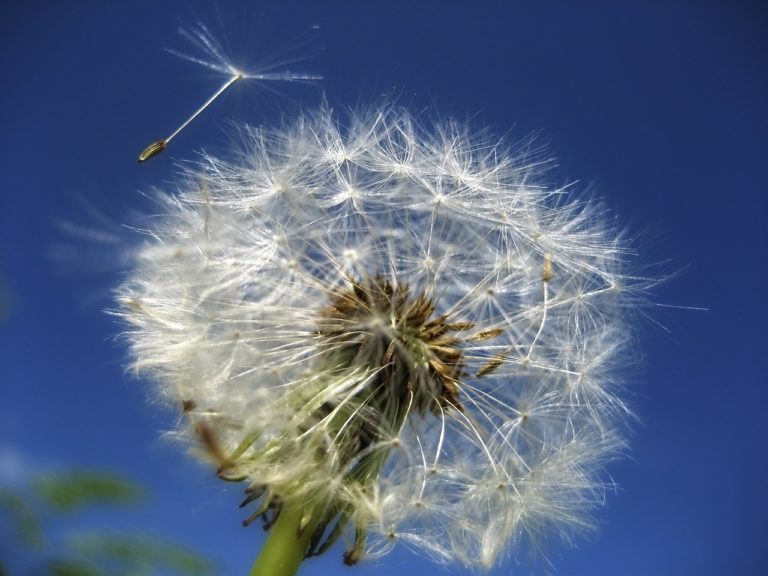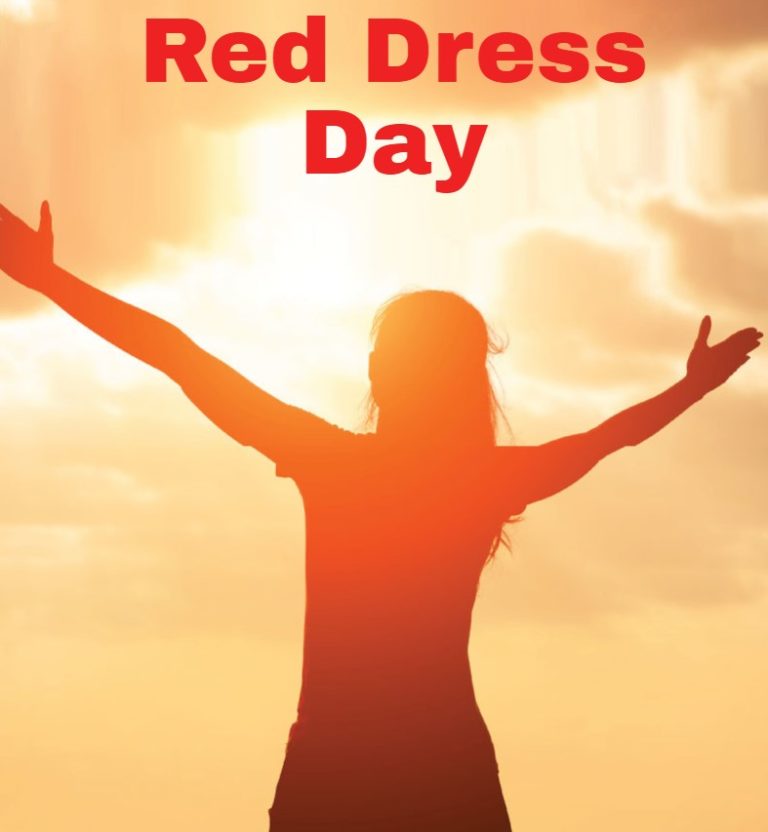The Role of Reconciliation in the Workplace: Decolonization, Indigenization, and Settler Accountability
Reconciliation is the practice of addressing past wrongs, establishing an environment of respect, and forging forward with a shared understanding of history, traditions, and rights. The application of the Truth and Reconciliation Commission’s Calls to Action in the workplace implies a profound transformation of institutional norms and processes, and a commitment to decolonize systems that…









